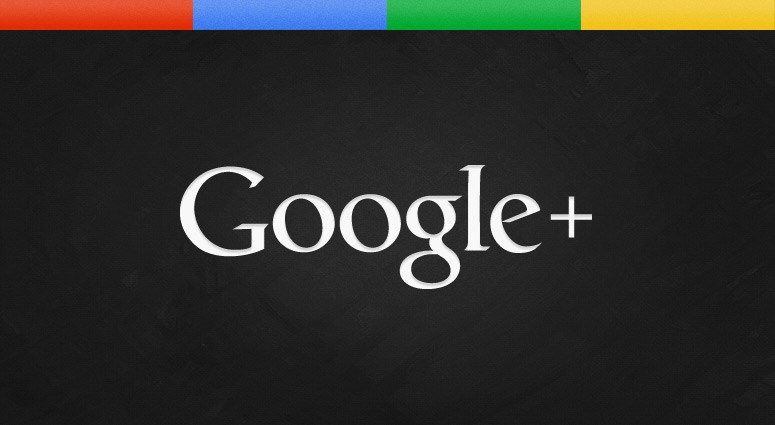
Mashable vs Google
An article featured on Mashable has become a hot topic after it attacked the Google+ service and divided readers who were for and against the arguments, making a bold and defiant statement.
From an editorial perspective, the article entitled: "Sorry, Google+, We Still Won't Come to Your Party" suggests a very firm opinion about the service and that Mashable as a company has endorsed this point of view. Not only that, but it comes across as if they have held this point of view in the past, as the article header uses the word "still".
Then as we go into the subject we discover just how strong the opinion is from Chris Taylor, who goes into detail about how he doesn't like the new Google+ integrations and states : "it's a depressingly familiar business tactic from Google".
He then goes a step further and cites Google Founder Larry Page on more than one occasion, then details what he thinks the company's intents are and how he's tired of it.
Now from my perspective, this article can only be interpreted in one way by the reader: It's an attack on Google.
The reason why I want to highlight this article on our website, is because it makes a very interesting PR case study. I don't feel that it was in fact the intention of Mashable to publicly bash Google but others will interpret it differently. In the entertainment industry we've seen some ugly battles in the past between companies (and celebrities for that matter) but now more than ever, opinion is a dangerous context to use. Even slightly negative tweets can be used to take people down, and that could crossover to companies if they start complaining about each other.
I read Mashable quite regularly, and really enjoy the content of their site, so this is by no means a personal beef against them. In actual fact, what I really want to highlight here is the unforeseen PR implications for Mashable and other publishers/ businesses when approving articles like this.
It's impossible in my view for a publication to deflect blame for an article's angle because it's someone's opinion when it clearly speaks for the company. In this example we've got a title here that doesn't represent one view, but a collective opinion. If it is a mistake, it would have been noted, and since the article has been up for over 48 hours, there's no turning back.
While this may be a clever piece of writing and engage a great debate, it's quite a dangerous approach to take, because it means that other companies might get attacked in the same manner, and that's not necessarily the right message to send out.
Mashable uses Google on a daily basis, plain and simple. They certainly have a Google+ page and I came across their article in Google News. So that makes Google and Mashable ' integrated partners.'
Here on the Film Industry Network I've turned down articles because their opinions were so strong it would hurt the brand. It's a really tough call to make, because opinion is valid and it should be there, but there's a fine line when opinion can go too far and actually hurt the brand that's promoting it.
In the end, there are different ways to interpret what people say about each other, but for me, when an article is so overly negative and personal, it comes across as an attack.





















